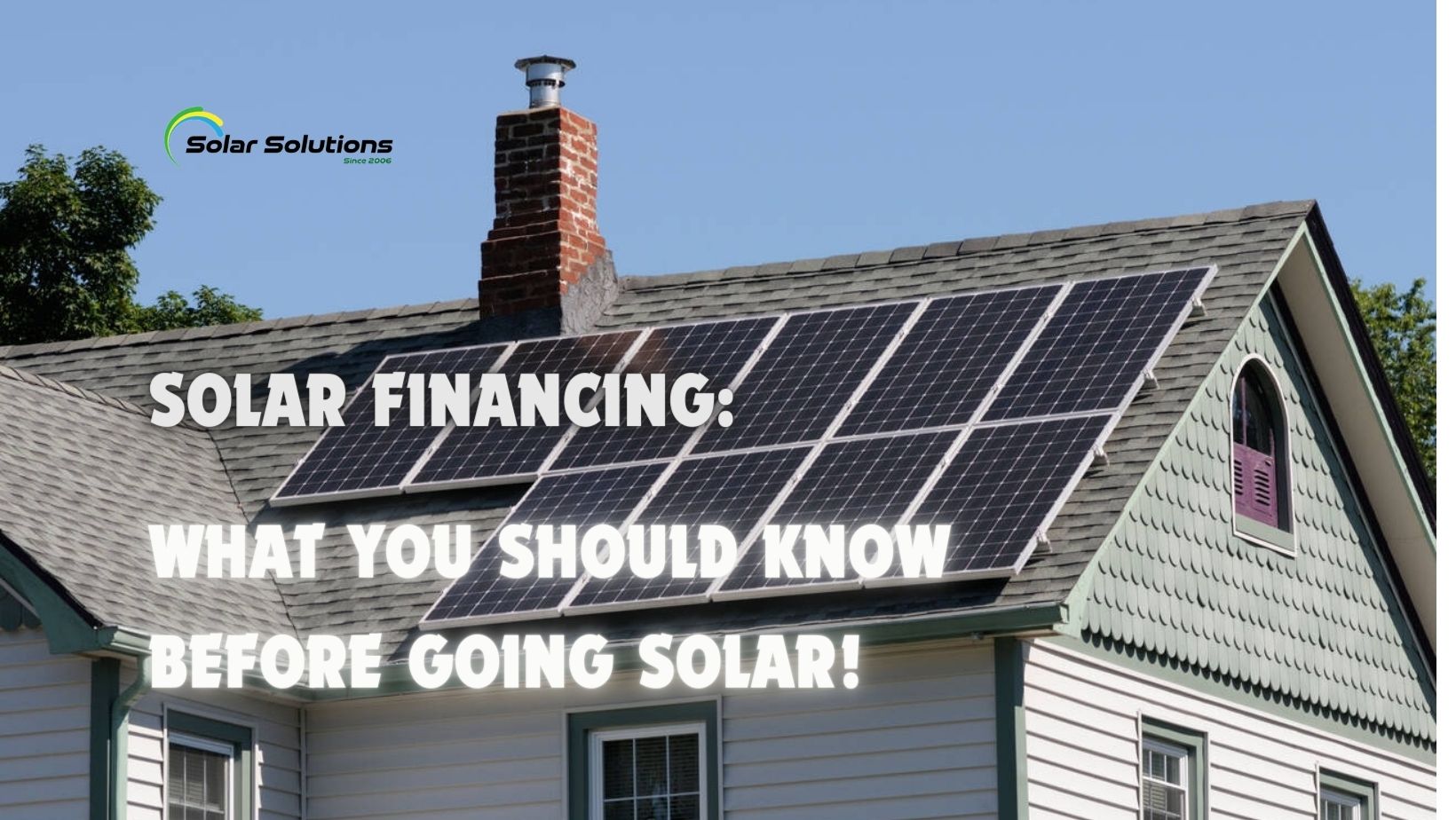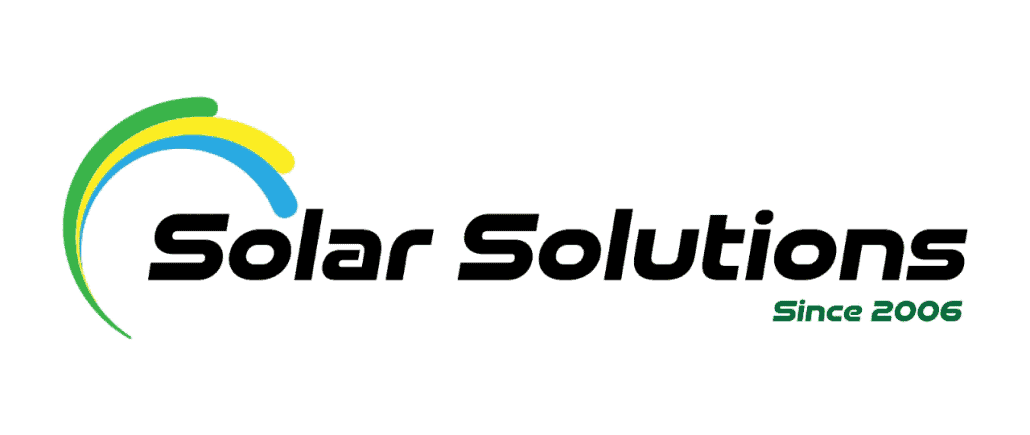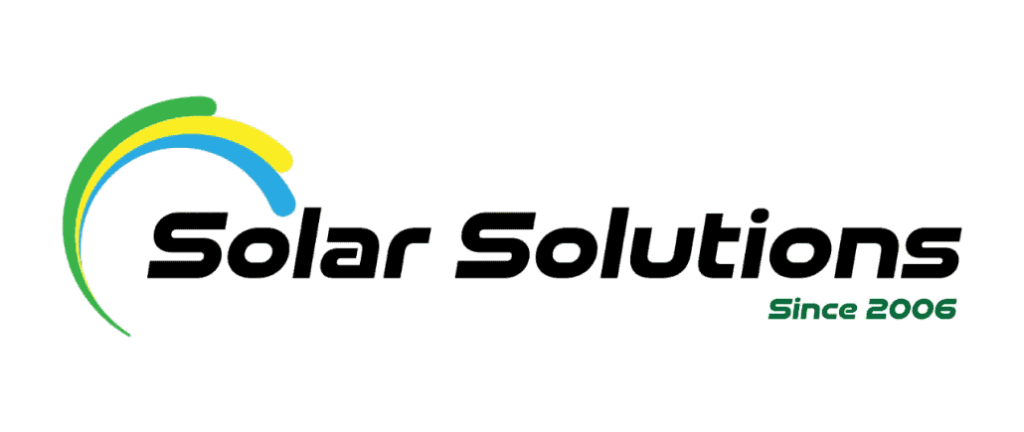
Solar Financing: What You Should Know Before Going Solar
Many homeowners are choosing solar power for their houses. However solar panels cost a lot at first, but there are financing options and government incentives available to get some help paying for them. It’s like a payment plan, just like you might have for a phone. Instead of paying all at once, you can break it down into smaller monthly payments that are easier to manage. This way, more people can afford solar power for their homes. In this article, we will discuss everything you need to know about solar panel financing.
How Many Ways Are There to Pay for Solar?
-
Cash Purchase
This is the cheapest option in the long run, like buying anything with cash. No interest charges! But it requires a lot of money upfront, which might be tough for some people.
Pros and Cons: You’ll keep the most money you save on electricity bills because you won’t be paying interest. Plus, you’ll own the panels! But this might be a high cost to come up with at first.
-
Solar Loans
This is like getting a loan for a car or a house but for your solar panels. You pay it back over time with some interest, but you’ll eventually own the panels.
Pros and Cons: Owning your solar panels and spreading out the cost with monthly payments. However, costs a bit more overall because of interest, and you might need good credit to qualify for the loan.
-
Solar Leases
Imagine renting the solar panels instead of buying them. You pay a monthly fee, but you don’t own the panels and might save less money overall compared to buying.
Pros and Cons: No initial cost, fixed monthly payments. But you won’t own the panels and might save less overall.
-
Power Purchase Agreements (PPAS)
This is where a company installs solar panels on your roof and sells you the electricity they generate. There’s no upfront cost, but you might be locked into a contract for a while.
Pros and Cons: No upfront cost and your monthly bill stays the same. However, you might be stuck in a contract for a while, and the price could go up later.
What Factors Should You Consider Before Choosing Solar Financing?
-
Budget and Financial Goals
Before choosing solar financing, think about your budget. How much can you afford to spend upfront? What are your goals? Do you want to save the most money in the long run, or do you need to keep your monthly bills low right now? Also Evaluate available funds, desired ROI, and monthly budget constraints.
-
Ownership Preference
Choose between owning or leasing solar panels. Owning saves more money long-term but requires upfront investment and maintenance. Leasing has lower upfront costs, and the company handles maintenance, but there may be less long-term savings.
-
Long-term Savings
Consider the money you’ll save in the long run with each financing choice. Some options might seem cheaper at first but could end up costing you more in the end because of interest or lease fees. Compare how much you’ll save on energy bills and tax breaks to see which choice is best for you financially.
-
Flexibility and Maintenance
Consider your flexibility and maintenance needs for each financing option. Cash offers flexibility but requires upfront costs and upkeep. Loans offer gradual payments but come with rules. Leases and PPAs provide fixed payments but may include maintenance. Choose the option that matches your needs best.
How to Save Solar Panel Cost Through Tax Credits and Incentives?
To save money on solar panels, you can use tax credits and incentives from the government. These are available nationally, locally, and in your state.
- Federal Tax Credits: The federal government gives a 30% tax credit for installing solar panels. This credit lasts until 2032 and can greatly lower your federal taxes.
- State and Local Incentives: States and local areas have extra incentives like tax breaks or rebates for solar installations. Look into your state or local government’s energy department to find out what’s available to save big.
- Renewable Energy Credits (RECs): When your solar panels generate electricity, you can earn Renewable Energy Credits (RECs), which can be sold to offset costs.
Using tax credits and incentives can cut solar panel costs, making them a great choice for your home. Remember, some programs have limits, so act fast to save. For expert guidance on saving on solar panel costs, contact Solar Solution Texas for licensed professionals who offer trusted assistance.
How to Find Reliable Solar Financing Providers?
- Researching Reputable Companies: Search for ones that have been around for a while, have happy customers, and are known for being trustworthy and upfront.
- Reading Reviews: Check online reviews to see what others say about different solar financing companies. This can help you choose a reliable provider for your solar needs.
- Asking for Recommendations: Ask people you trust, like friends or family, if they know any good solar financing companies. They can share their experiences and help you find a reliable provider for your solar needs.
Conclusion
In conclusion, going solar is a wise investment for homeowners. With various financing options and government incentives available, it’s more accessible than ever. By carefully considering your budget, preferences, and long-term savings, and by leveraging tax credits and incentives, you can make the switch to solar power with confidence. Remember to research reputable solar financing providers and seek recommendations to ensure a smooth transition to clean, renewable energy for your home.
FAQs
What Type of Loan Is Best for Solar?
People often choose personal loans for solar panels because the interest rate and monthly payment stay the same the whole time.
How Much Does It Cost to Have Solar Panels in the USA?
Solar panels in the US cost around $16,500 to $21,000 but can vary depending on size, location, and equipment. Remember, there’s also a federal tax credit of 30% that can help lower the overall cost!
What Happens If I Sell My Property with a Leased Solar System?
The lease usually transfers to the new owner, who then makes the payments. Discuss this with your installer beforehand.
What Is the Required Credit Score for Financing Residential Solar Panels?
Credit score requirements for solar financing vary, usually ranging from 640 to 680. Some lenders may accept lower scores, and certain programs don’t consider credit scores at all.
Are There Any Government Incentives for Commercial Solar Installations?
Yes! Many governments offer tax credits and rebates for businesses going solar. Check with your local authorities.


